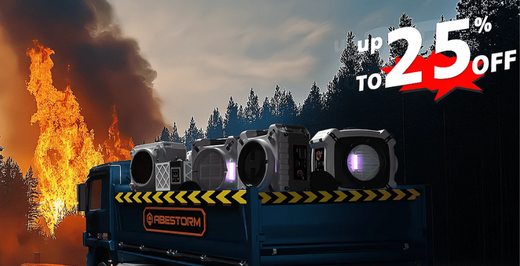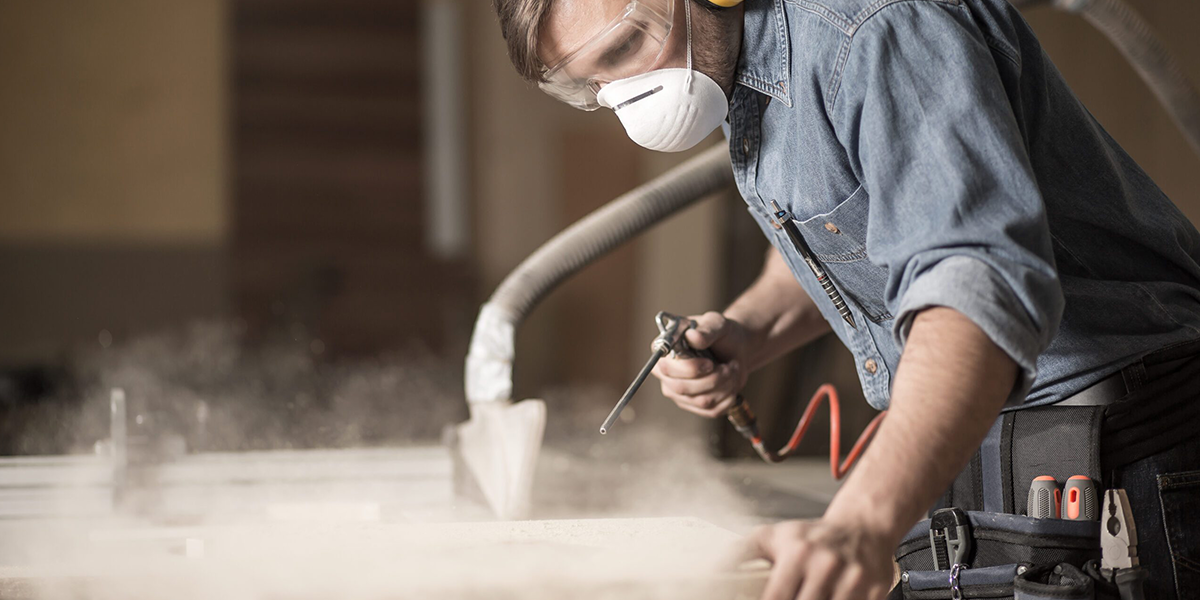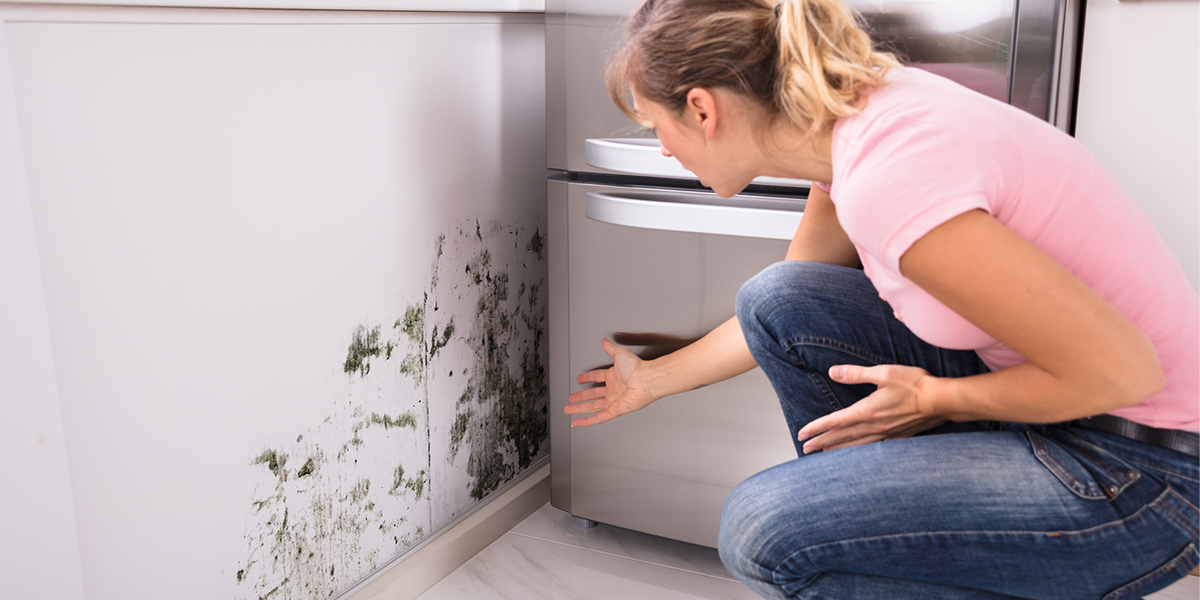An air filtration system is a device or set of components designed to remove contaminants from the air in order to improve indoor air quality. These contaminants can include dust, pollen, pet dander, mould spores, bacteria, viruses, and various airborne particles and pollutants. Air filtration systems are commonly used in homes, offices, industrial facilities, and healthcare settings to provide cleaner and healthier air.
Air filtration systems work by forcing air through a filter or series of filters to trap and remove airborne particles and pollutants. The specific design and efficiency of these systems can vary depending on their intended use and the types of contaminants they need to address.
Purpose of air filtration system
An air filtration system is a device or system designed to remove impurities and contaminants from the air, improving its quality by reducing pollutants, allergens, and potentially harmful particles. These systems are commonly used in homes, commercial buildings, industrial facilities, and various other settings to ensure cleaner and healthier indoor air. The primary purpose of an air filtration system is to:
- Remove Particulate Matter: Air filtration systems can capture and remove particles such as dust, pollen, pet dander, mould spores, and smoke, which can contribute to respiratory problems and allergies.
- Reduce Allergens: Many people use air filtration systems to reduce common allergens in the air, providing relief for individuals with allergies or asthma.
- Eliminate Odors: Some air filtration systems are equipped with activated carbon filters that can effectively remove odors from the air, such as cooking smells or pet odors.
- Remove Microorganisms: High-efficiency particulate air (HEPA) filters can capture bacteria, viruses, and other microorganisms, helping to improve indoor air quality and reduce the risk of illness.
- Control Airborne Contaminants: In industrial and healthcare settings, air filtration systems are used to control and minimize the spread of airborne contaminants, including infectious agents and chemical pollutants.
Determining the Size of Air Filtration System You Need

The size of the air filtration system you need primarily depends on two factors: the volume of your shop and the desired air changes per hour (ACH).
Calculate the Volume of Your Shop: To determine the volume, measure the length, width, and height of your shop in feet. Then, multiply these three figures together. The result is the total cubic footage of your shop.
Determine the Desired Air Changes Per Hour (ACH): The ACH is the number of times you want the entire volume of air in your shop to be replaced each hour. This will depend on the nature of your work and the amount of dust it generates. However, a general rule of thumb is to aim for a system that can complete 6-8 air changes per hour.
Calculate the Required Air Flow Rate: Once you have the above two figures, you can calculate the required air flow rate, which is measured in cubic feet per minute (CFM). The formula to calculate CFM is as follows: CFM = L x W x H x ACH / 60 min.
The benefits of an Air Filtration System
Air Filtration Systems are indispensable components of indoor environments, offering a wide array of advantages that promote not only healthier living but also enhanced comfort. These systems are specifically engineered to purify the air by efficiently capturing and eliminating various airborne contaminants, thereby significantly enhancing indoor air quality.
Primarily, air filtration systems excel at the removal of allergens such as dust, pollen, and pet dander. These allergens are known to trigger allergies and respiratory distress, underscoring the importance of their elimination from the indoor air. An effective air filtration system ensures that individuals with allergies can breathe more easily, fostering an atmosphere of well-being and serenity.
In addition to allergen removal, air filtration systems are instrumental in curbing the presence of airborne pathogens, including bacteria and viruses. This becomes particularly vital in maintaining a healthier indoor environment, especially during periods characterized by increased illness transmission risks, such as the cold and flu seasons. By trapping and neutralizing these pathogens, air filtration systems contribute to a safer and more hygienic atmosphere.
Another noteworthy advantage of air filtration systems is their proficiency in addressing odors and volatile organic compounds (VOCs). They are designed to target and reduce unwanted odors stemming from sources like cooking, pets, or smoke. Moreover, these systems serve as a shield against the detrimental effects of VOCs released by common household products, such as paints, cleaning agents, and furniture.
Conclusion:
In conclusion, Air Filtration Systems represent an essential investment in overall well-being and quality of life. By effectively purifying the air of allergens, pathogens, odours, and harmful compounds, these systems are at the forefront of ensuring optimal indoor air quality. They create an environment characterized by health, comfort, and tranquillity, making them a valuable addition to any residential or workspace. Whether you seek relief from allergies, desire protection against illnesses, or simply aim to enjoy cleaner, fresher air, an air filtration system is an indispensable solution that consistently delivers on its promise of a superior indoor environment.









Shop For Dehumidifier